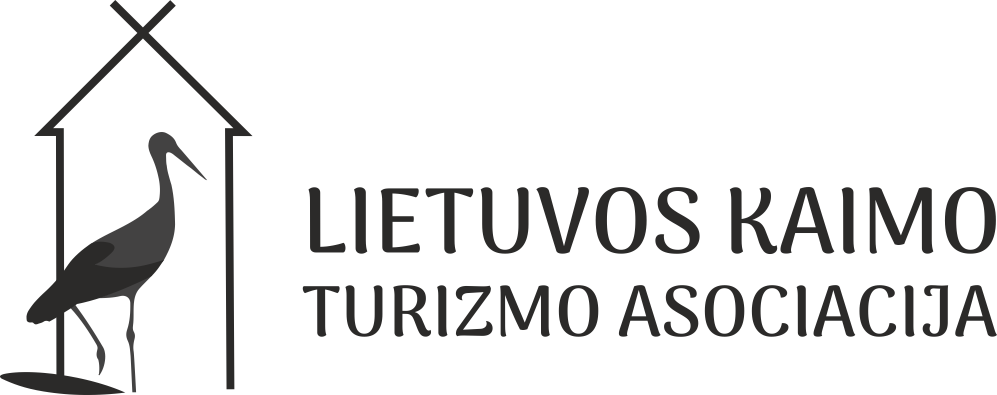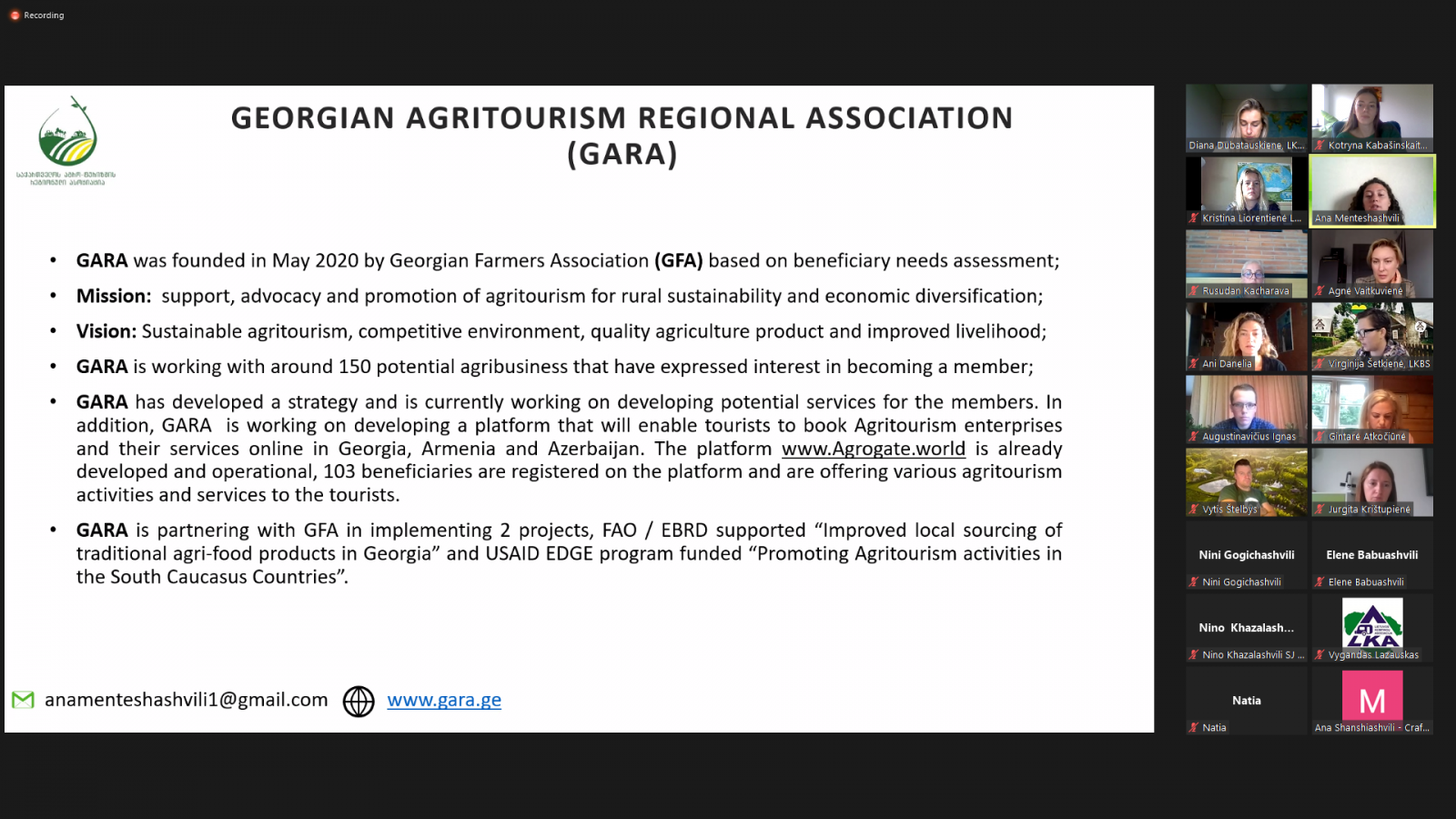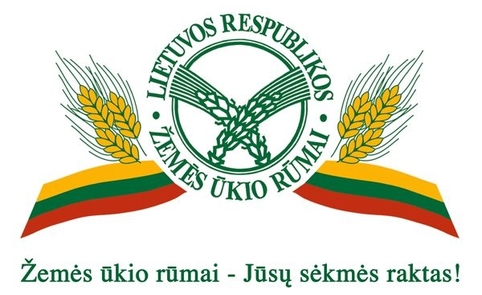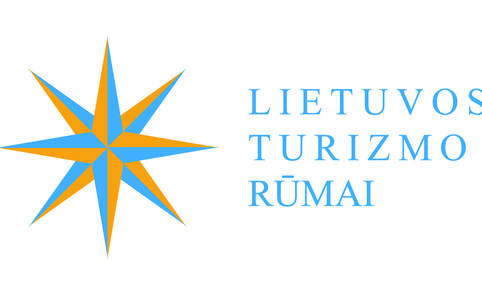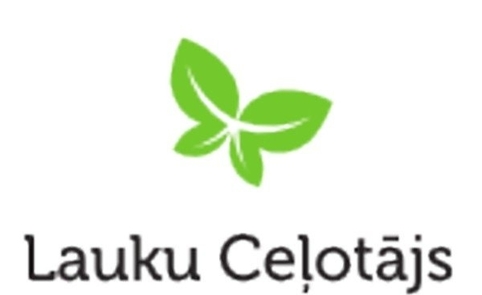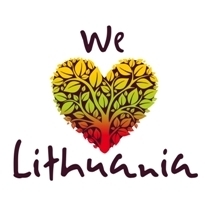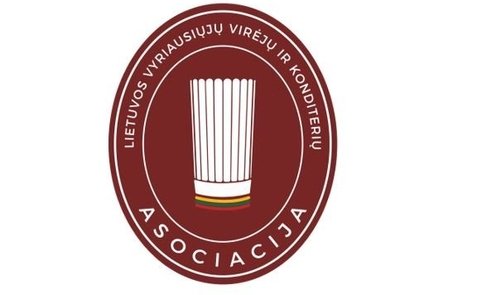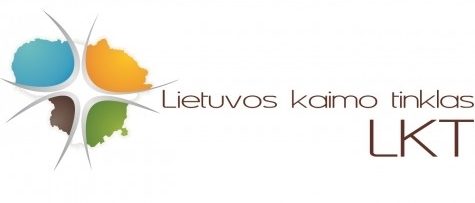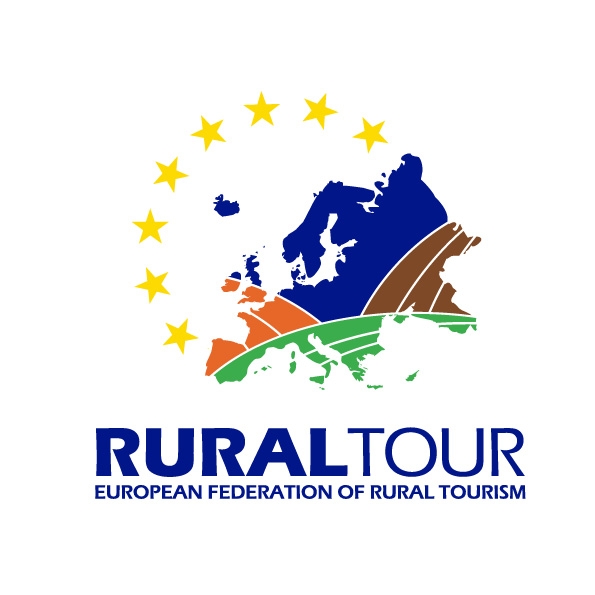Vakar (rugpjūčio 31 d.) turėjome virtualų AGRICONT projekto susitikimą su Lietuvos ir Gruzijos turizmo ir agroturizmo įmonėmis. Projekto pradžioje atrinkome po 7 asociacija bei kitas turizmo verslą jungiančias įmones kiekvienoje šalyje, kurios aktyviai bus įtrauktos į projekto veiklas.
Gruzijoje prie AGRICONT projekto prisijungė:
- DMO Kakheti
- DMO Imereti
- DMO Samegrelo
- DMO Samtskhe-Javakheti
- Biological Farmin Association Elkana
- Georgian Heritage Crafts Association
- Georgian Agritourism Regional Association GARA
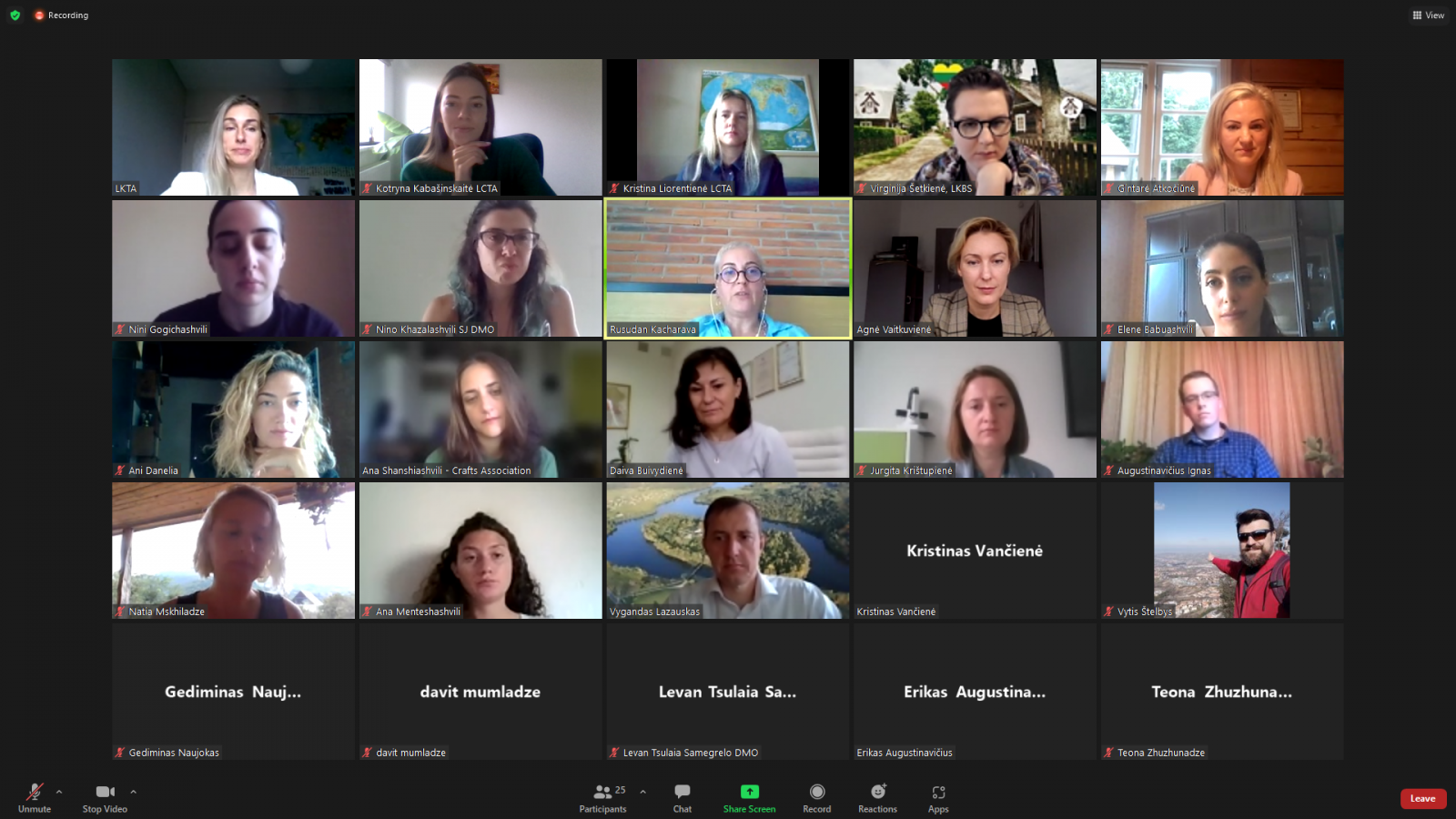
Įvykusio susitikimo metu projekto dalyviams pristatėme projekto tikslus ir įgyvendinimo terminus, kiekviena organizacija papasakojo apie save bei susipažino su kitomis projekte dalyvaujančiomis organizacijomis. Kolegas iš Gruzijos labiausiai nustebino klasterių partnerystės principas.
Tikimės, kad COVID situacija nepakeis planų ir visi turėsime galimybę susitikti ir vieni iš kitų mokintis ne tik virtualiai, bet ir gyvai.
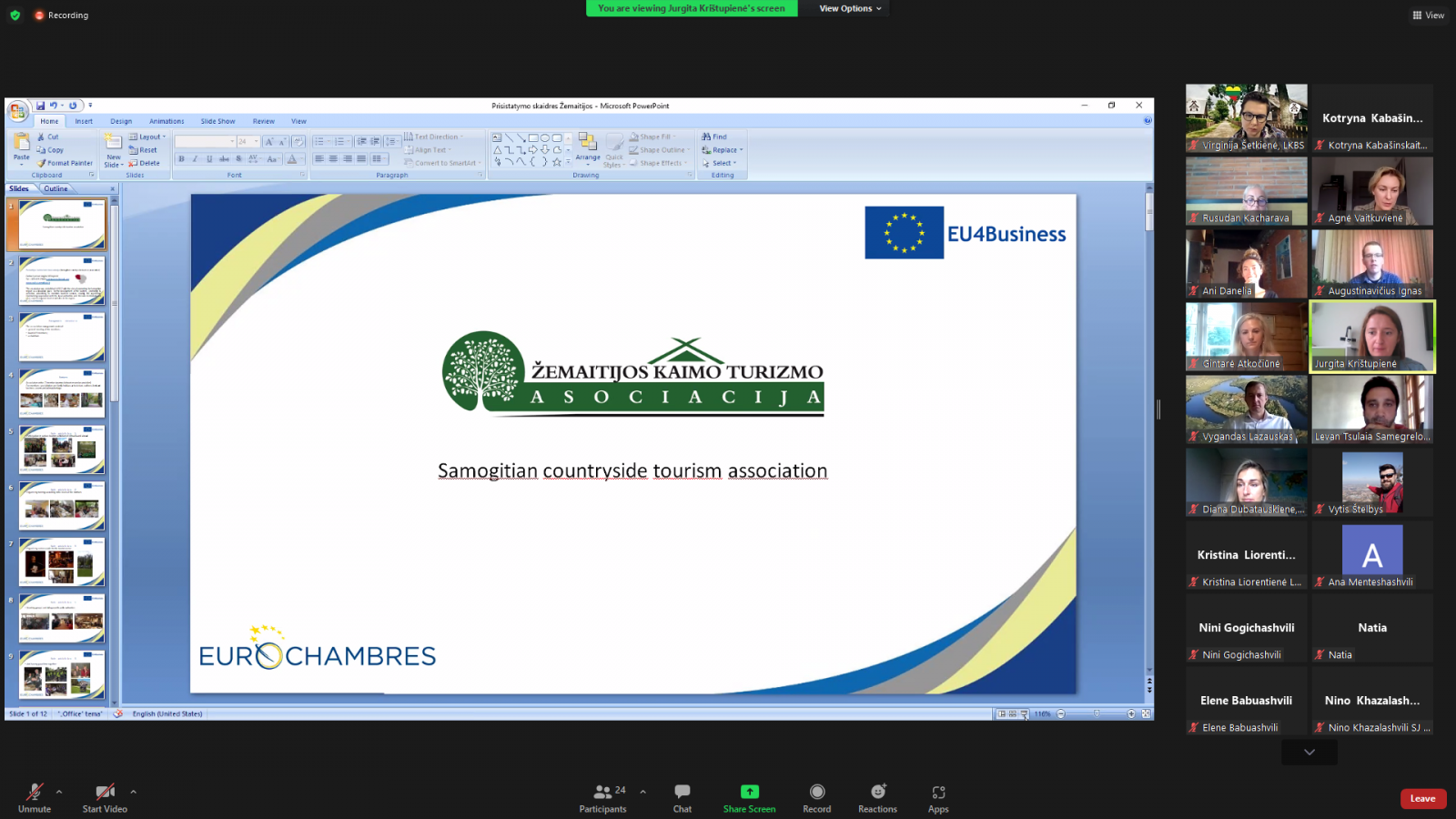 | 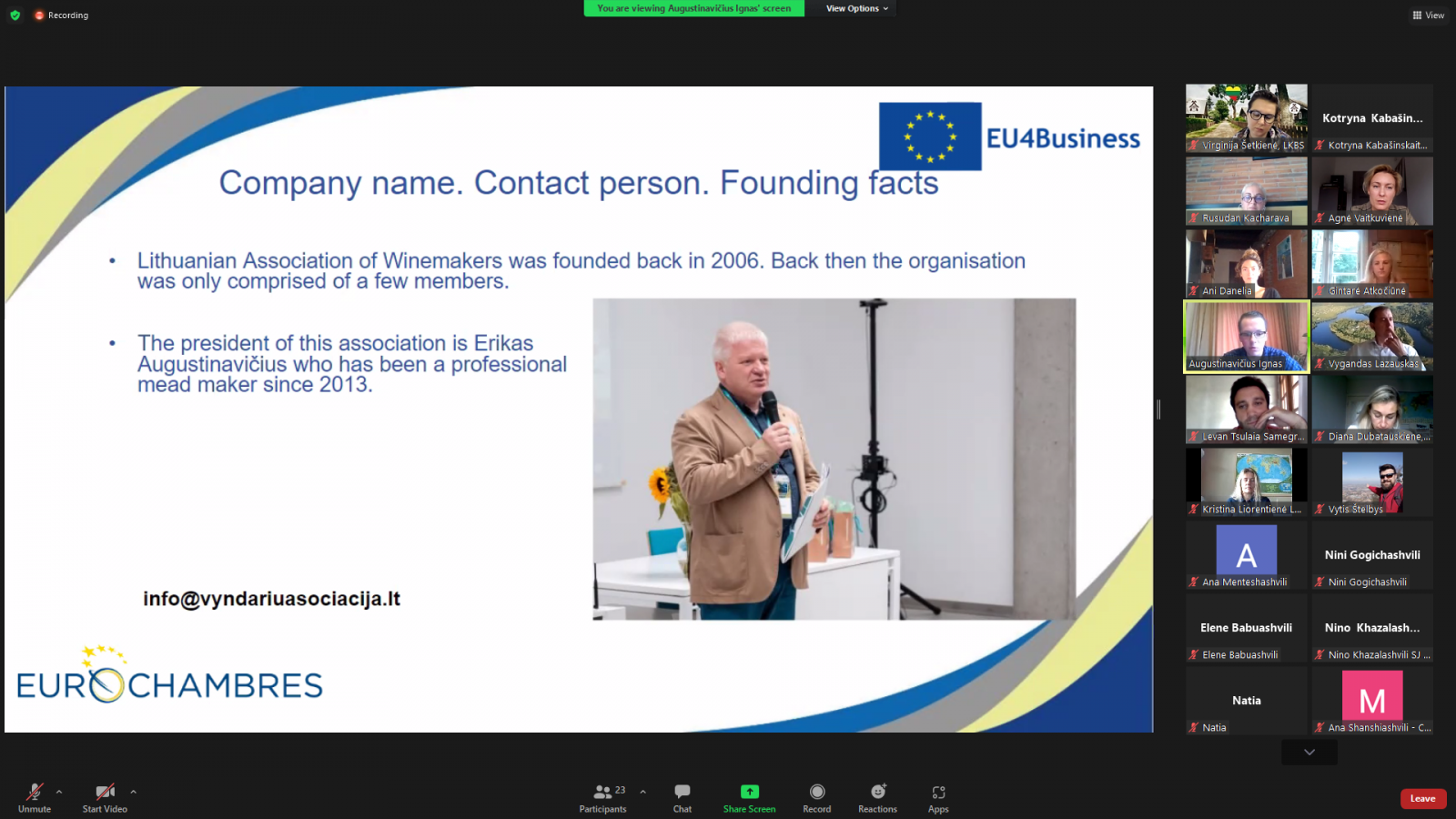 |
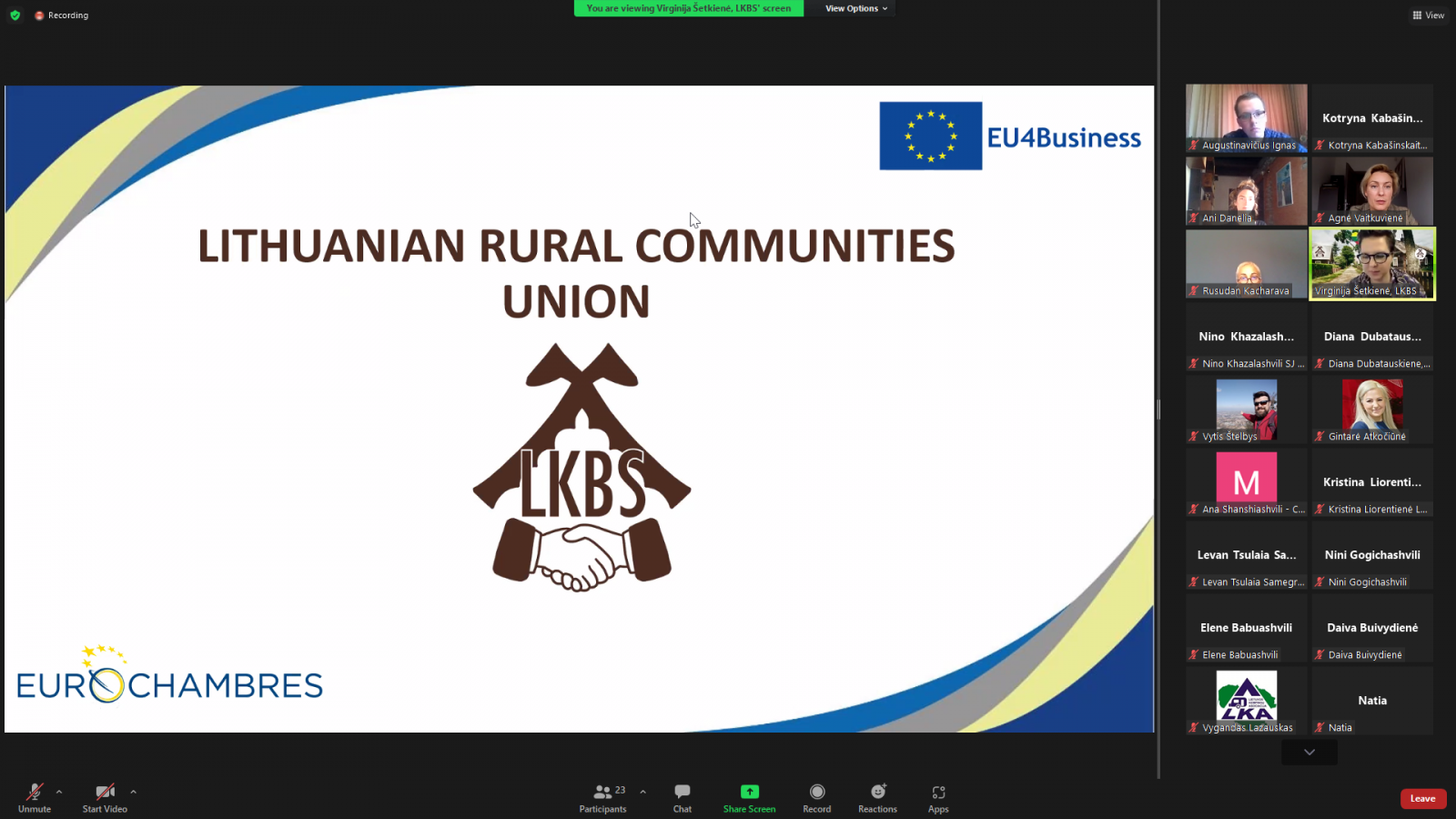 |
|

Ši informacija atspindi tik autoriaus požiūrį ir yra pilnai jo atsakomybė, todėl Europos sąjunga negali būti laikoma atsakinga už pateiktą informaciją ir bet kokį jos naudojimą.
Yesterday (August 31) we had a virtual AGRICONT project meeting with Lithuanian and Georgian tourism and agro-tourism companies.
At the beginning of the project, we selected 7 associations and other companies uniting the tourism business in each country, which will be actively involved in the project activities.
In Lithuania, the following joined the AGRICONT project:
- Lithuanian Winemakers Association
- Coastal tourism cluster
- Molėtai Region Entrepreneurs Association
- Lithuanian Union of Rural Communities
- Association “Samogitian Tourism Cluster”
- Cluster “Panemunio turai”
- Lithuanian Camping Association
In Georgia, the AGRICONT project has been joined by:
- DMO Kakheti
- DMO Imereti
- DMO Samegrelo
- DMO Samtskhe-Javakheti
- Biological Farmin Association Elkana
- Georgian Heritage Crafts Association
- Georgian Agritourism Regional Association GARA
During the meeting we presented the project goals and implementation deadlines to the project participants, each organization told about itself and got acquainted with other organizations participating in the project. Colleagues from Georgia were most surprised by the principle of cluster partnership.
We hope that the COVID situation will not change our plans and that we will all have the opportunity to meet and learn from each other not only virtually but also live.

The content of this publication represents the views of the author only and is her sole responsibility; it cannot be considered to reflect the views of any body of the European Union. The European Commission does not accept any responsibility for use that may be made of the information it contains.
